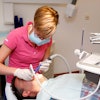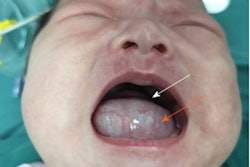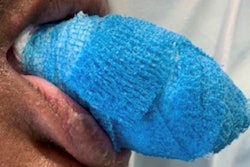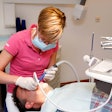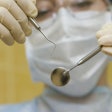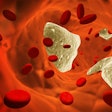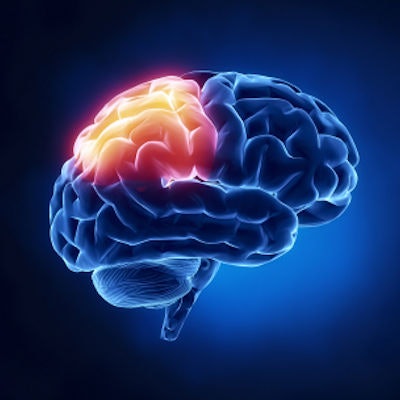
Misfiring brain cells that regulate vital parts of the tongue and mouth may create swallowing difficulties in children with neurodevelopmental conditions, according to a recent animal study published online in eNeuro.
Motor neurons that control the tongue muscles were firing spontaneously and failing to work properly with systems that should control that activity in LgDel mouse pups. LgDel is a genomically accurate model that summarizes pediatric dysphagia seen frequently in the neurodevelopmental disorder DiGeorge syndrome (22q11.2 deletion syndrome), which is caused by the deletion of part of chromosome 22. Eventually, the findings could lead to therapies that would help treat swallowing difficulties in young children, the authors noted.
"Disrupted coordination of tongue movement in LgDel mouse pups may contribute to suckling, feeding and swallowing disruptions that parallel pediatric dysphagia in infants and toddlers with 22q11.2DS," wrote the group, led by David Mendelowitz, PhD, of the department of pharmacology and physiology at George Washington University School of Medicine and Health Sciences (eNeuro, August 27, 2020).
Swallowing, feeding, and speaking difficulties are common complications in those with DiGeorge syndrome, as well as many others with developmental disorders. In addition to causing food aspiration, choking, and life-threatening respiratory infections, dysphagia can lead to dental problems. Because those with swallowing difficulties often have less saliva in their oral cavities, they can be more prone to caries and gum disease.
To study the association between brain cells and pediatric dysphagia, the motor neurons in mouse models were traced from their target muscles and labeled for each motor neuron class, and then their electrical properties were recorded.
The brain cells that control the tongue's forward and backward movements spontaneously fired in DiGeorge syndrome models, but not in those without the condition. Also, the excitatory impulses were not balanced by inhibitory responses in the DiGeorge models. This affected the compression and movement of the tongue muscles, which can lead to swallowing difficulties, according to the authors.
The Eunice Kennedy Shriver National Institute of Child Health and Human Development of the National Institutes of Health supported the study.
Though the authors cited no study limitations, it would be premature to target new therapies for children who have this syndrome and have difficulties swallowing, feeding, and talking based on these data, they wrote.
Nevertheless, "our work indicates that targeted inhibition of retractor hypoglossal motor neurons or muscles could provide a foundation for improved perinatal oro-motor function," the group wrote.


